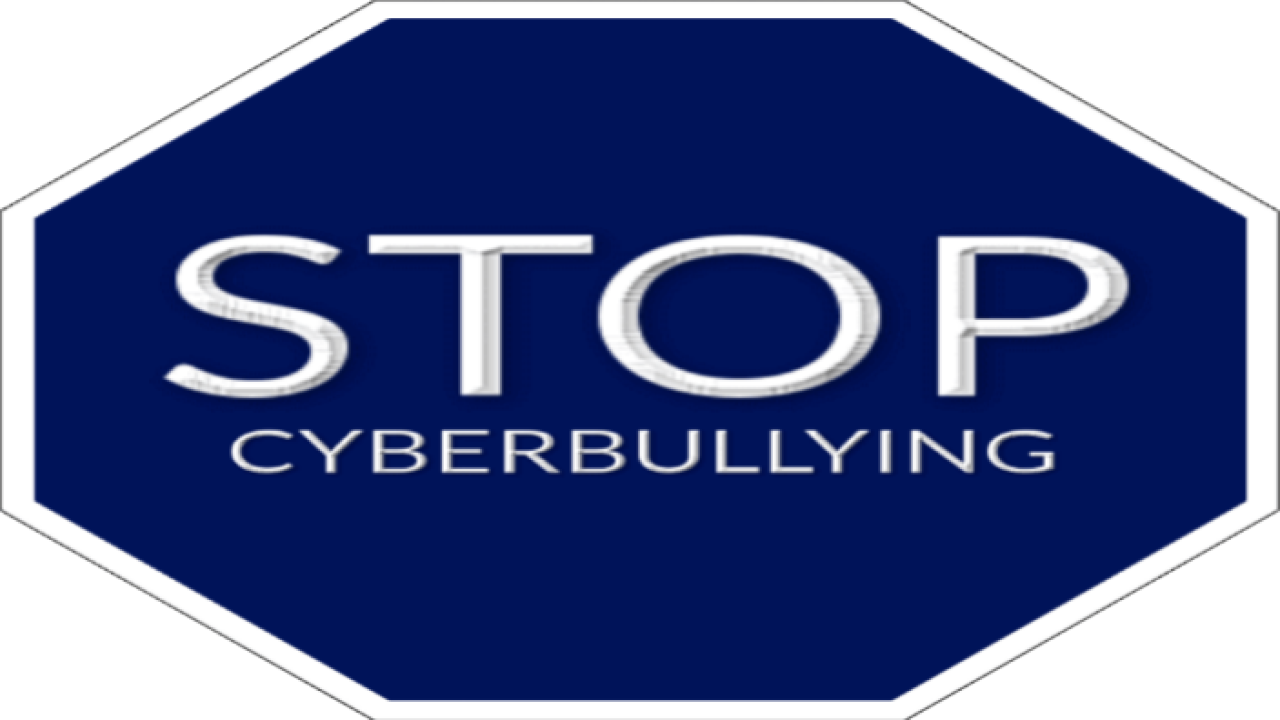Cyber-bullying is a form of bullying through social media platforms that has created huge impacts towards most vulnerable groups especially youngsters. However new ideas and measures are being utilized to create a safe online environment for people.
Young people around the world as well as Australian youth who are born into an era of advanced technology experience difficulties about how to stay safe online.
Holly Samaranayake is a year nine student said that it could be a damaging matter if we don't know how to protect ourselves.
"Bullying comes across on social media, nowadays especially, as there’s Snapchat, Instagram, and Facebook, and it’s less so in the school yard," said Samaranayake.
Angus Cramer is another year nine student who said that bullies easily utilized social media to spread hatred.
"Well I’ve seen people show other people photos of other people in the school on their phone, laugh about it, stuff like that. And that happens quite a bit. And that can also transfer into the school yard environment, people can bully you for stuff that’s happened online as well," suggested Cramer.
Kids Helpline's counseling services has received about 3,500 calls a year from young people experiencing bullying. Tony Fitzgerald from this organization said that more than a third of these calls are related to cyber-bullying.
"Social media platforms certainly have a role to play in this space, and they have responsibilities to ensure that their platforms can be used appropriately and safely. However, when we’re talking about the issues of bullying and cyber-bullying, we’re also talking about the behavior of individuals," asserted Fitzgerald.
Susan Mclean who is the founder of Cyber Safety Solutions said that switching of children's digital devices is no the solutions but taking actions is.
Mclean mentioned that "I think it’s vital that social media companies partner with organisations within a community to try to stem the rise of hate and bullying online. Cyber-bullying is not a technology issue, it’s a social issue, it’s an interpersonal relationship issue that’s playing out online."
There are two billion people accessing Facebook. It also owns Instagram. Its Global Head of Safety, Antigone Davis says the company has a team of almost 20-thousand people working towards identifying harmful material within 24-hours.
Davis stated that "But more than that, we’re also using more and more technology to get ahead of these issues and to be able to pull things down quickly as well as to prioritize reports so that we can move fast through them. We can put in place the policies, the tools and whatever else we need to really try and create a safe platform, but we can’t do it without partners like Project RockIt building programs in schools."
Facebook has pledged AUD 1 million dollars to a youth-driven anti-cyberbullying initiative, Project RockIt. Co-founder of Project RockIt, Rosie Thomas, says together they aim to build a network of 10-thousand ‘digital ambassador's across 600 schools over the next two years.
Thomas mentioned that "This is all about peer-based, youth-driven anti-bullying education. It’s not enough to just tell strategies, we need to go so much beyond that. We need young people to come up with the strategies, to own them, and give them the platform to actually lead on the issues that they’re experts in."
Australia's Education Minister Dan Tehan, who has just launched (Fri 19 Oct) the federal government’s latest cyber safety framework for schools, has welcomed Facebook’s investment.
Mr. Tehan added that "I don’t think there is one silver bullet that will fix this issue, I think we’ve got to look at a variety of programs. But the most important thing is now we’re starting to get programs in place where we empower kids, where we empower principals and teachers but also we can inform and empower broader members of the community."
Rosie Thomas says it is important for young people to understand that no one deserves to be bullied.
Thomas maintained that "Anyone who sees anyone else being bullied, it’s so much easier to stand up for someone else than it is for them to stand up for themselves, so take the plunge and actually stand up, have the courage to have somebody’s back."#
Listen to SBS Hmong on Thursday at 6 pm AEST or Sunday 11 am AEST, follow us on SBS Hmong Facebook, listen and subscribe to podcasts from google podcasts, Spotify, and Apple podcasts or download SBS Radio App to listen to SBS Hmong radio Program.





